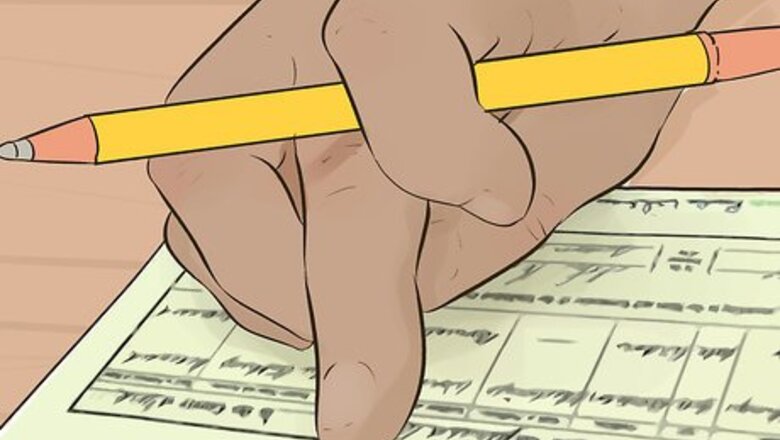
views
X
Research source
Filing Your Petition
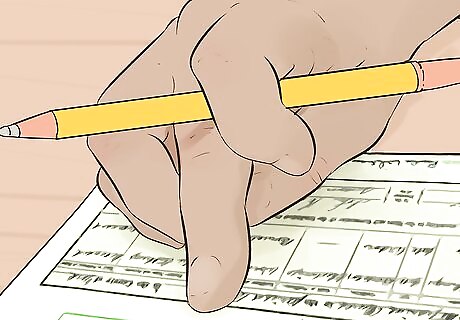
Locate your original marriage certificate and proof of any name change. When you file for divorce, you must include a copy of your original marriage certificate. You'll also need information from that certificate to fill out your divorce petition accurately. You only need proof of a name change if either you or your spouse changed your name after the wedding. Your wedding certificate can also serve as proof of the name change, if it includes that information, or you can use a deed poll. If you no longer have a copy of your marriage certificate, you can order one at https://www.gov.uk/order-copy-birth-death-marriage-certificate#before-you-start. You'll have to pay £11, and you'll get your certificate in the mail within a week or two after you apply.
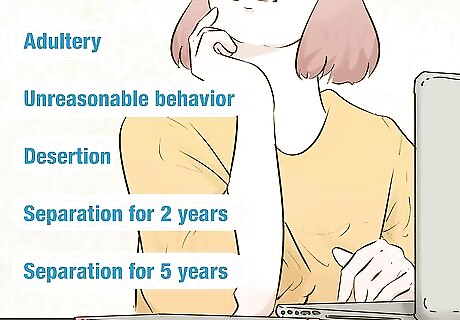
Find a suitable grounds for divorce. To get a divorce in the UK, you must prove that you and your spouse have no way of working through your problems. The UK recognizes 5 distinct reasons, known as "facts" or "grounds" for divorce: Adultery, if one of the spouses cheated on the other; Unreasonable behavior, including domestic abuse or commission of a crime; Desertion, if your spouse left more than 2 years ago with the intention of ending the relationship; Separation for 2 years, meaning that the two of you have lived separate lives during that time and no longer share anything, including property or bills, and you both agree to the divorce; or Separation for 5 years, if one of you doesn't agree to the divorce.
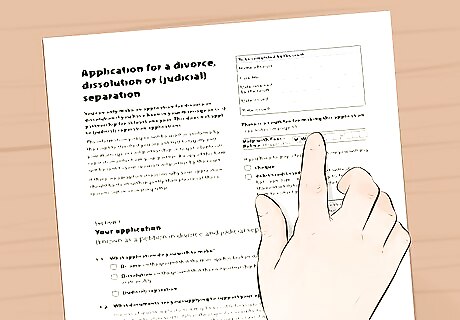
Complete the Form D8 Divorce Petition. On the divorce petition, provide information about yourself and your spouse, including addresses for both of you. Then choose the reason for the divorce and provide basic information to support that reason. For example, if you've chosen to get divorced because you and your spouse have been separated for 2 years, you must indicate the date the two of you decided the marriage was over and the date you stopped living together. If your reason for divorce is adultery, you have the option of including the name of the person your spouse committed adultery with. That person will get a copy of your petition and have the opportunity to defend themselves. However, most people don't include that person's name in their divorce petition, and it isn't required that you do so. If you need financial orders from the court, either to divide money or property or to provide for children, check the boxes for the orders you need. Financial orders are separate from the divorce itself and require separate filings and fees.Tip: You might consider sharing a draft of the petition with your spouse to see if they agree with it. Ironing out any disagreements before you file your petition in court can save you a lot of unpleasantness.
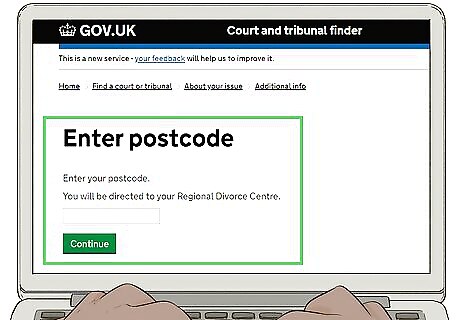
File your petition at your nearest Regional Divorce Centre. The easiest way to file is to complete your petition online at https://www.gov.uk/apply-for-divorce. Your petition will be sent to the Regional Divorce Centre that has jurisdiction over your case. You can also print the petition and mail it to the Regional Divorce Centre yourself. If you're sending your petition through the mail, you can find the address for your nearest Regional Divorce Centre at https://courttribunalfinder.service.gov.uk/search/postcode?aol=Divorce&spoe=start. Use registered mail if you've decided to mail paper copies of your forms, so you'll know when your petition is received by the Regional Divorce Centre.Tip: If you're mailing your petition, send the original plus 3 photocopies. You'll need an additional photocopy if you're divorcing on the grounds of adultery and have named the person your spouse committed adultery with.
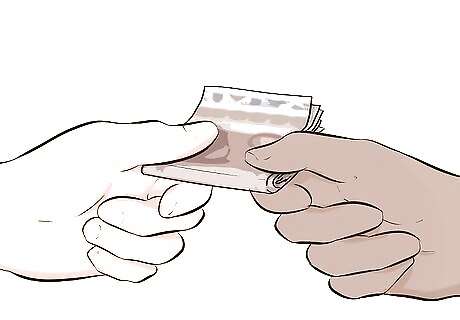
Pay the £550 divorce fee or indicate that your spouse will pay it. You can pay your fee with a personal check or with a credit or debit card. If you're filing online you can pay your fee immediately with a credit or debit card. If you're mailing your petition and choose to pay with a credit or debit card, the court will call you at the phone number you provided on the form to collect payment. You also have the option of stating in the petition that your spouse will be paying the divorce fee. Talk to your spouse and get their agreement. Otherwise, when they receive the petition, they might object to paying the fees. The court won't proceed with your case until the fees are paid. If you pay by personal check, make it payable to "HM Courts and Tribunals Service." If you are on a low income or receive government benefits, such as Income Support or Universal Credit, you may be able to get help with the fees. You need to have less than £3,000 in savings and investments to qualify.
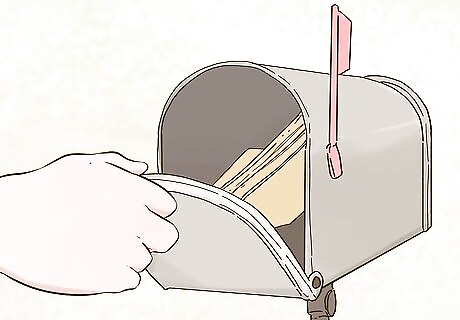
Get your notice and case number in the mail. The court will check your petition and make sure everything is complete and correct. If it is, you'll get a notice along with a file-stamped copy of the petition for your records. That copy will include your case number. This notice is typically sent within a week of receiving your petition. If you file your petition online you'll get your notice much more quickly than if you mail in paper forms.

Have your spouse served with the petition. The court is responsible for serving your spouse. They will send a copy of the petition to the address you provided for your spouse on your petition. If you filed for divorce on the grounds of adultery and named the person your spouse committed adultery with, they will also be served with a copy of your petition.
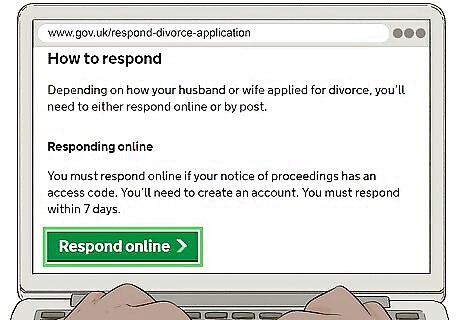
Wait for your spouse to acknowledge receipt of the petition. From the date your spouse receives your petition, they have 8 days to file a response, called an "acknowledgment of service." In this form, your spouse indicates whether they agree with the petition or intend to try to prevent the divorce. If you've indicated on your petition that your spouse will pay the costs, they can also object to that. If you filed for divorce on the grounds of adultery and named the person your spouse committed adultery with, they will also have the opportunity to respond and defend themselves.

Hire a solicitor who specializes in divorce if your spouse does not agree. Ideally, you and your spouse will agree to the divorce. At this point, the two of you should at least agree that you're going to get divorced, and your reasons for doing so. If your spouse indicates that they intend to prevent the divorce from happening, the matter becomes more complex and court hearings may be required. If your spouse is violent or abusive, a solicitor can help protect you. If you can't afford the fees, you may be able to find someone who is willing to take your case for free or at a substantially reduced rate. Your local Citizens Advice office can help you find legal assistance. #*You may not agree about the division of property or other issues, but you do have some time to work these issues out.
Getting Your Decree Nisi
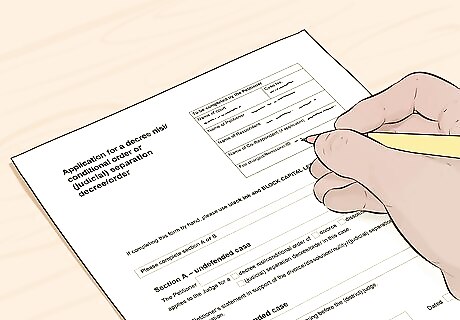
Complete your application for a Decree Nisi. If your spouse agrees to the divorce, you can apply for a Decree Nisi. This document basically says that the judge doesn't see any reason why the two of you can't get divorced. You must wait until you get a response to the petition from your spouse before you apply for the Decree Nisi. Download the application at https://www.gov.uk/government/publications/form-d84-application-for-a-decree-nisi-conditional-order-or-judicial-separation-decreeorder.Tip: Even if your spouse didn't agree to the divorce, you can still apply for a Decree Nisi. However, you'll have to go to a court hearing so the judge can hear from both of you and decide whether to grant the order.
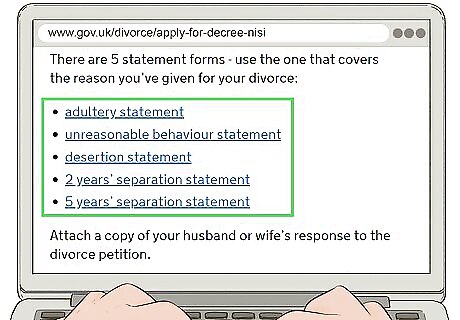
Fill out the statement of support that corresponds to your grounds for divorce. The statement of support goes into further detail about the reason you're getting a divorce. There are 5 different forms, each corresponding to one of the 5 "facts" or "grounds" for divorce. Make sure you fill out the correct one. Attach a copy of your spouse's acknowledgment of service to your statement of support.

Submit your forms to the court. Take your originals and 3 copies of your forms to the court listed on your petition notice. The court clerk will stamp them and give one set of copies back to you. The other will be sent to your spouse. You don't have to pay any fees when you file this application. The Decree Nisi is included in your £550 divorce fee, which you've already paid.

Wait for a response from the court. The judge will look over your application. If they agree, they'll send you and your spouse a certificate. The certificate indicates the date and time that you've been granted a Decree Nisi. If the judge rejects your application, you'll get a notice of refusal instead of a certificate. Typically, the judge needs more information before they are willing to grant your divorce. The notice provides instructions on what to do next. There's no official estimate of how long this might take. The judge has to consider the evidence you've presented. It may take a few weeks or it may take a few months, depending on how complex your grounds for divorce are and how backlogged the courts are.
Applying for a Decree Absolute
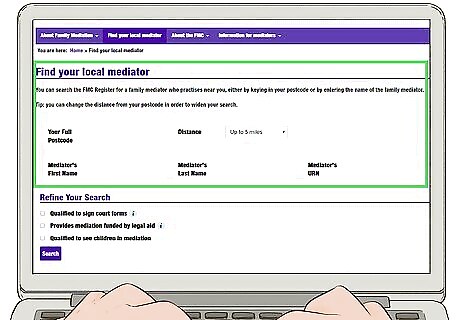
Attend mediation to divide property if necessary. Your divorce merely ends your marriage. It doesn't divide your property and assets or provide for any children of the marriage. If you and your spouse can't come to an agreement on these matters on your own, you can use a mediator to reach a fair agreement. To find a mediator near you, go to https://www.familymediationcouncil.org.uk/find-local-mediator/. Mediation is required before you can get a court order dividing your property. If you're on low income or receiving benefits, you may be able to get help with mediation fees.Tip: You may be excused from the mediation requirement in certain circumstances, such as if there's domestic violence. If you think you should be excused from the mediation requirement, talk to a solicitor or get help from your local Citizens Advice office.
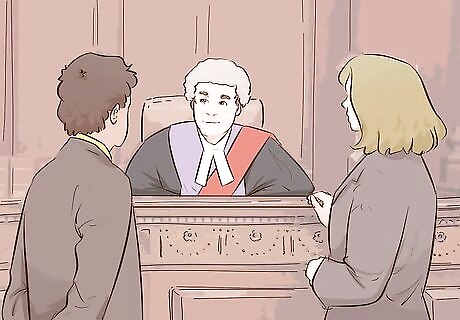
Ask the court to order property division if you can't agree. If mediation doesn't resolve the issues between you and your spouse, you can get the court to decide on a fair division of property between the two of you. You must apply for any orders to divide money or property before you can apply to finalize your divorce. You must show that you attempted mediation unless your case was exempt from the mediation requirement, for example, because of domestic violence. You'll need to hire a solicitor to draft a consent order for the judge to approve. There will also be additional filing fees to get financial orders from the court.
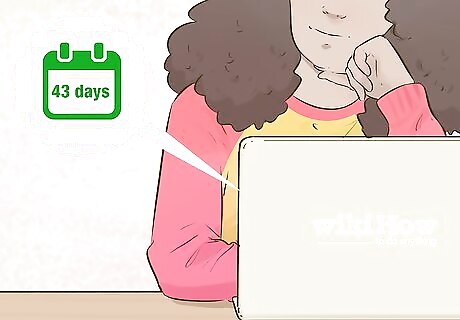
Wait at least 43 days after your Decree Nisi is entered. You cannot have your divorce finalized until 6 weeks and 1 day after the date and time listed on your Decree Nisi. This waiting time is mandatory even if you and your spouse agree on everything. If you don't apply for the decree absolute, your spouse can. However, they'll have to wait an additional 3 months before they can apply.
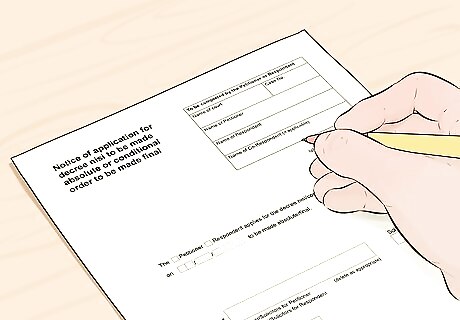
Complete an application to make the decree absolute. Unlike the other forms, this form requires very little information. You only need the name of the court, your case number, your name, your spouse's name, and the date your Decree Nisi was entered by the judge. Download the form at https://www.gov.uk/government/publications/form-d36-notice-of-application-for-decree-nisi-to-be-made-absolute-or-conditional-order-to-be-made-final.
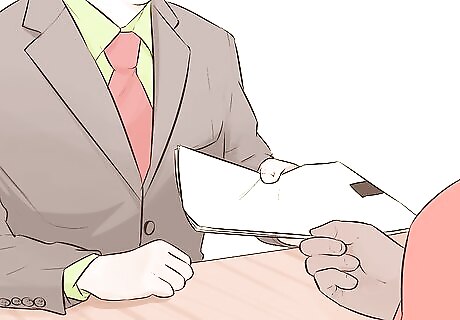
Submit your application to the court that entered your Decree Nisi. Once you've signed your form, make 3 copies and take them all to the clerk. The clerk will stamp the original and copies and give one of the copies back to you. One copy will be mailed to your spouse. The judge will look over your case once again. At this point, they're checking to make sure that you met the time limits, as well as making sure there's no other reason not to grant your divorce. You may want to delay making the decree absolute until all financial issues have been worked out.Tip: Apply to have your Decree Nisi made absolute within 12 months of the date your Decree Nisi was issued. Otherwise, you'll have to explain to the court the reason for the delay. There's a chance the court won't finalize your divorce and you'll have to go through the whole process again.
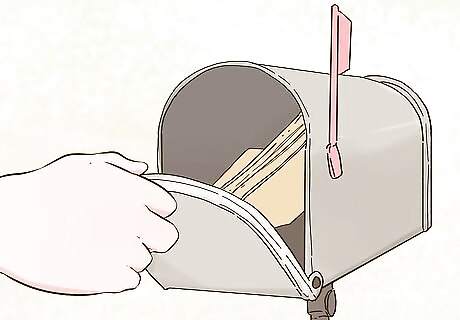
Get your Decree Absolute in the mail. It typically takes a couple of weeks for the judge to make the final decision on your case and issue your Decree Absolute. Both you and your spouse will receive a copy of the Decree Absolute in the mail. At this point, your marriage has formally ended and both of you are free to marry someone else if you wish. Keep your Decree Absolute in a safe place. You will need it if you want to get married again or if you need proof of your marital status for any reason.




















Comments
0 comment